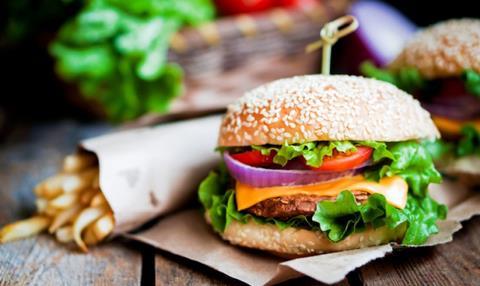Over half of meat and food manufacturers have either cut or put on hold investment decisions as the sector confronts some of the most challenging trading conditions in living memory, according to the latest research released by the Food and Drink Federation (FDF).

The latest State of the Industry survey from the Federation suggests companies have seen input costs increase by an average of 21% over the past 12 months, with a similar rise expected next year. Businesses are said to be doing what they can to contain soaring prices for consumers by achieving energy efficiencies and reducing their product ranges, but confidence is fragile.
The effect of these mounting costs can be seen in figures from the Insolvency Service showing that in the first eight months of 2022, there were more insolvencies in the food and drink industry than during the whole of 2019.
With food and drink inflation already at a 40-year high – and set to rise further – companies are reported to be urging the Chancellor to provide economic and energy stability, prioritise measures which will drive growth and cut the cost of doing business in next week’s Autumn Statement.
The FDF’s chief executive Karen Betts said: “Confidence levels in our industry are at an all-time low, with soaring energy and ingredient prices putting incredible pressures on businesses, which are at the same time making every effort to keep the price of everyday food and drink affordable
“Our companies need reassurance that government understands the issues they are facing and will act to help our sector shore up its resilience. From incentivising investment in the transition to green energy and growth, to reducing the costs of burdensome regulation and helping companies manage energy price volatility. “I hope the Chancellor will act decisively to support our sector next week. This will pay dividends in helping to manage inflation for hard-pressed households.”
One of the main pressures on companies is rising energy prices, which accounts for 22% of business costs – up from 12% a year ago. The industry appreciates the government support to mitigate the impact of this, but given companies bake, chill and freeze food and drink all year round, there are concerns over the longevity of the energy support scheme and the need to help companies manage energy price volatility.
Labour shortages also remain a significant brake on growth, with the vacancy rate rising to 9.1% in Q3, increasing the urgency for government to review the shortage occupation list and make the apprenticeships levy more flexible to build a more secure pipeline of skills for the industry.
These pressures are impacting the levels of investment companies are able to make and grow their businesses, but there are ways for the UK Government to help businesses through these challenging times with tax incentives for capital investment, a reduction in the costs of moving goods between the UK and the EU and smarter regulation top of the list for firms of all sizes.
This story was originally published on a previous version of the Meat Management website and so there may be some missing images and formatting issues.












